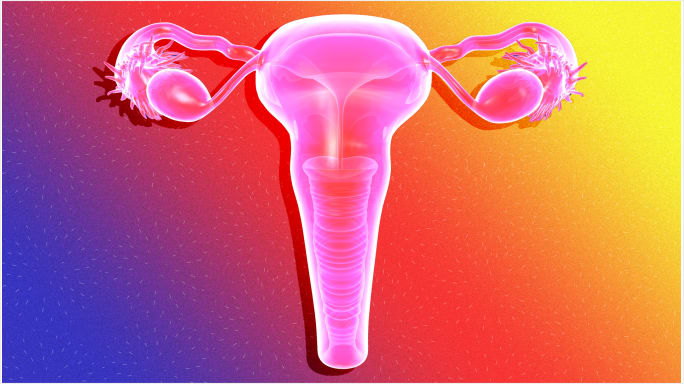A new U.S. study published in JAMA Pediatrics suggests that young women who suffer a concussion may be at an increased risk of experiencing menstrual irregularities in the months following the injury.
Researchers surveyed 128 girls and women between the ages of 12 to 21 who had acquired either a concussion or an orthopedic injury from athletic or recreational activity within the 30 days before the study began. Of the 68 girls who had head injuries, 23.5% experienced two or more abnormal bleeding patterns in the 120 day span after their injuries. This same pattern of irregularity was only found in 5% of the girls without concussions.
According to senior author Anthony Kontos of the University of Pittsburgh Medical Center Sports Medicine Concussion Program, irregular menstrual cycles disturb the body’s hormones and can lead to delayed body development, reduced bone density and reduced estrogen production in young females.
The study found that concussions might increase the risk of irregular periods by disrupting the hypothalamic-pituitary-ovarian axis, the part of the brain that helps develop and regulate the body’s reproductive systems. Hormone disorders are known to occur following traumatic brain injuries.
Dr. Dennis Cardone, co-director of the Concussion Center at NYU Langone Medical Center and an associate professor in the Department of Orthopaedic Surgery pointed out to CNN that the study, which he was not affiliated with, did not control for where the participants were in their sporting seasons.
“If you took a female population in the beginning of their sporting season compared to middle or end, in an intense strenuous sport, then the likelihood is that a decent amount probably are going to have menstrual irregularities, just related to the strenuous exercise that they’re doing,” Cardone told CNN. “So the timing really would make a big difference here.”
This is not the first round of research to link concussions and menstrual patterns. In 2013, researchers at the University of Rochester Medical Center found that women who were concussed during the two weeks leading up to their period experienced a slower recovery and worse health one month after the injury, as opposed to women who were concussed during the two weeks directly after their period.
While the conclusions of the study fail to prove that concussions actually cause abnormalities in menstruation, the study itself has opened the door for further research to be conducted on this topic.
Kontos told Reuters that he advises women who experience concussion to discuss the potential for an increased risk of irregularities with their healthcare providers. “It’s important for care providers to be concerned about menstrual patterns and encouraging women to track that after their injury.”




comments